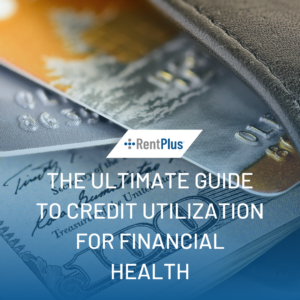A credit score is a three-digit number that shows creditors how likely you’ll be able to repay debt. These three little numbers can affect whether you’ll get a good loan or not.
A credit score lets creditors know if you are good at handling money. But there are a lot of things that a credit score doesn’t tell your creditors about how you handle money.
For example, you could lose your job, drop out of college, get married, and go to jail all in one month and it wouldn’t affect your credit score. As long as you continue paying your bills on time, your credit score won’t drop.
Here are a few more things that surprisingly won’t affect your credit score:
1. Your income.
While your income is an important factor in how you pay your bills and build credit, it doesn’t directly appear on your credit report. You could have an excellent credit score whether you have a job or not. Just make sure you’re still able to pay your bills on time.
2. Getting married.
Everyone has their own individual credit score. So when you get married, it doesn’t have an effect on your personal credit score. It’s important, however, to make sure you work together with your spouse on your finances. Your relationship could make a big difference on your finances and credit.
3. Personal Information.
Credit reports are generally limited to your name, Social Security number, birthdate, current and previous addresses, and recorded lien or bankruptcy. They don’t take into factor your gender, race, marital status, education level, political party, income, savings, or religion. Credit reports also don’t report any criminal records.
4. Debit Card or cash payments.
A lot of people use a debit card or the cash payment system to help them stick to their budget. These are great tactics, because when you’re out of money, you can’t spend any more. The money is gone. However, when you use a debit or cash payment system, the activity doesn’t get reported to the credit bureaus. If you’re hoping to build your credit, this budgeting system won’t help.
The best budgeting system to follow is to use your credit card to pay for purchases, but always make sure you have enough money to pay it off each month. Use a budgeting app or tool, like RentPlusMoney, to keep you on the right track. This method will help you build your credit and stay within your budget.
5. Checking your credit report.
It’s a common misconception that checking your credit report could hurt your credit. Checking your credit report is known as a “soft inquiry” and it won’t hurt your credit. You should be checking your credit report annually. Checking your credit reports regularly will help you catch mistakes or any fraudulent activity.
If you grant a lender access to check your credit report, that is called a “hard inquiry.” This inquiry could affect your credit score. The impact is very minor, however, and will disappear off your record after a few months.
6. Paying rent.
It used to be impossible to build your credit via rent payments. Your largest expense each month simply wasn’t accounted for. Three years ago, the founders of RentPlus saw the need for something better and began a partnership with TransUnion. This partnership has helped renters build stronger credit profiles and create financial freedom.
You can request one “soft inquiry” per year from each major credit bureau. Check your credit score today to make sure you’re on track for your financial goals.
To learn more about how RentPlus can help you build your credit, check out our website.



